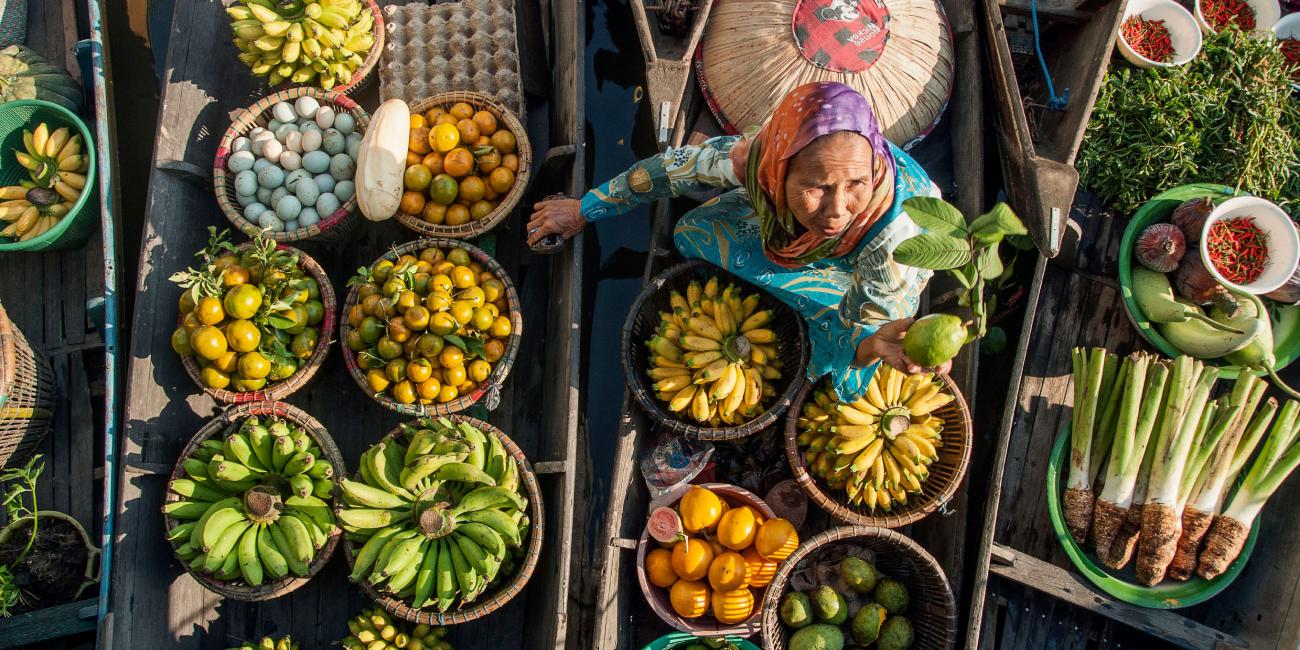Commentary: Fertilizer Subsidies in Malawi: Preparing an Exit Strategy
June 15, 2008
|
During the 1990s, Malawian farmers experienced a rough transition from government policies that controlled and supported the agricultural sector, such as fertilizer subsidies and price stabilization, to a more liberalized agricultural policy environment.

